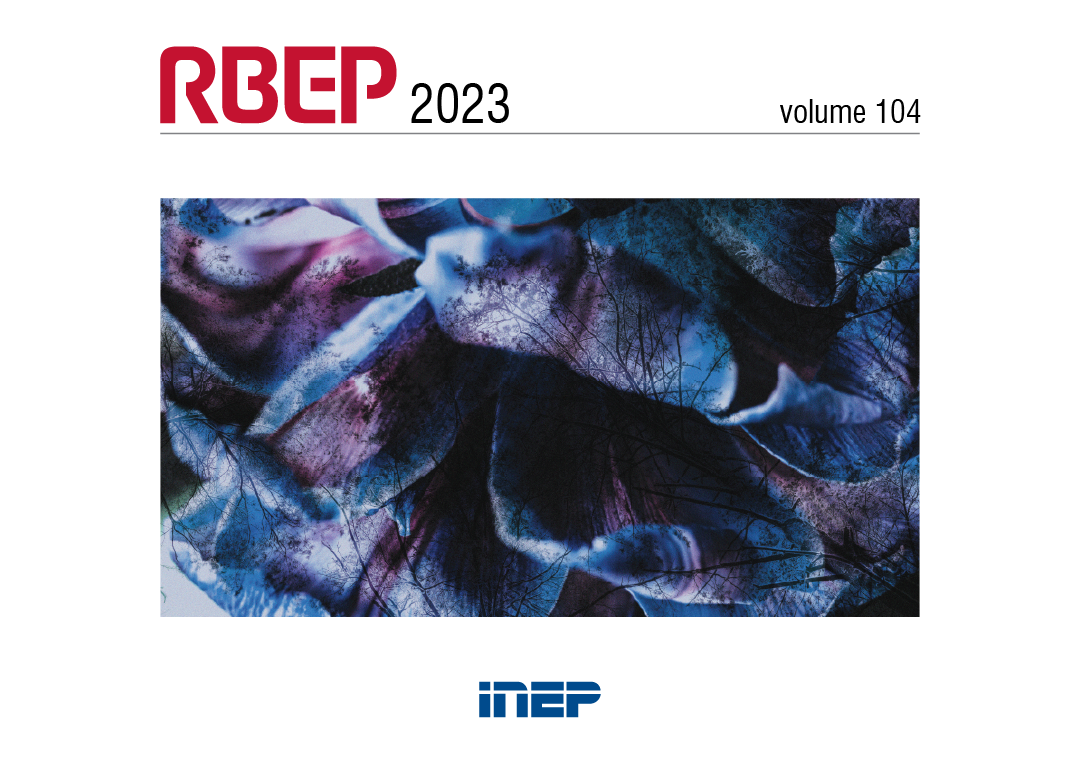The translations and recontextualizations of the BNCC and the Rio Grande do Sul Curricular Reference in the early years of elementary school
Abstract
This article aims to establish relationships between the National Common Curricular Base (BNCC, in Portuguese) and the Gaucho Curricular Reference (RCG, in Portuguese), seeking to understand the changes that occurred during the translations that were made, especially in the early years of elementary school. The research is documentary and data analysis is descriptive. The information presented in the documents used for the analysis was systematized and organized using three emerging axes: 1) democracy and participation; 2) identity; and 3) absences. Then, the skills and translations carried out within the areas of knowledge are discussed. After analyzing the documents and, based on the theories of Basil Bernstein and Jose Gimeno Sacristán, the conclusion is that the RCG, in some cases, presents a rewrite of the skills provided for in the BNCC, changing the word order, being a translation of the national document with few recontextualizations. Thereby, it is understood that the BNCC, which should be a guiding document, ends up becoming the curriculum itself due to the strong classification against the translations performed, such as the RCG.
Downloads
Copyright (c) 2023 Brazilian Journal of Pedagogical Studies

This work is licensed under a Creative Commons Attribution 4.0 International License.
Once their work is accepted for publication, author’s copyrights are automatically relinquished to the National Institute for Educational Studies and Research Anísio Teixeira (Inep).
Since 2016, the journal Revista Brasileira de Estudos Pedagógicos (RBEP) uses the licence CC-BY.
Partial or total reproduction of the content of this Journal is permitted provided that the original publication is properly referenced, as well as a link to license CC BY 4.0 and to indicate any possible alterations made to the article.




















